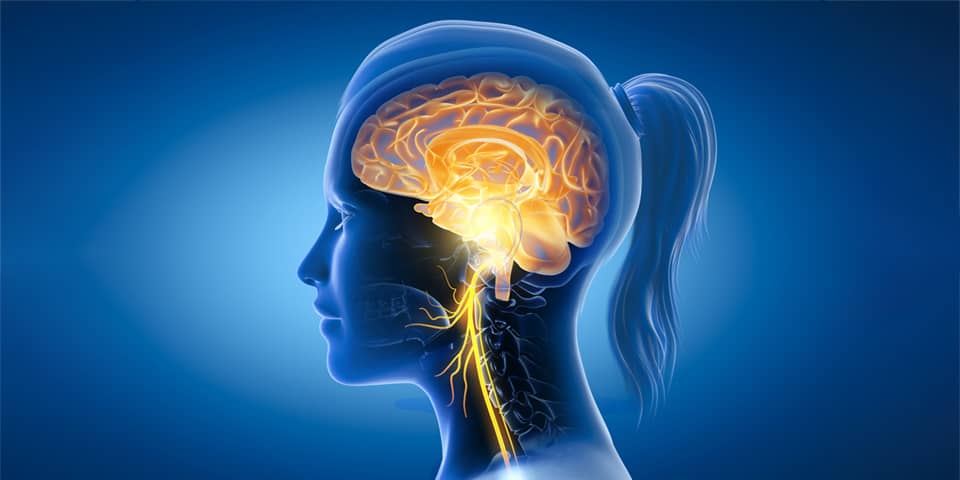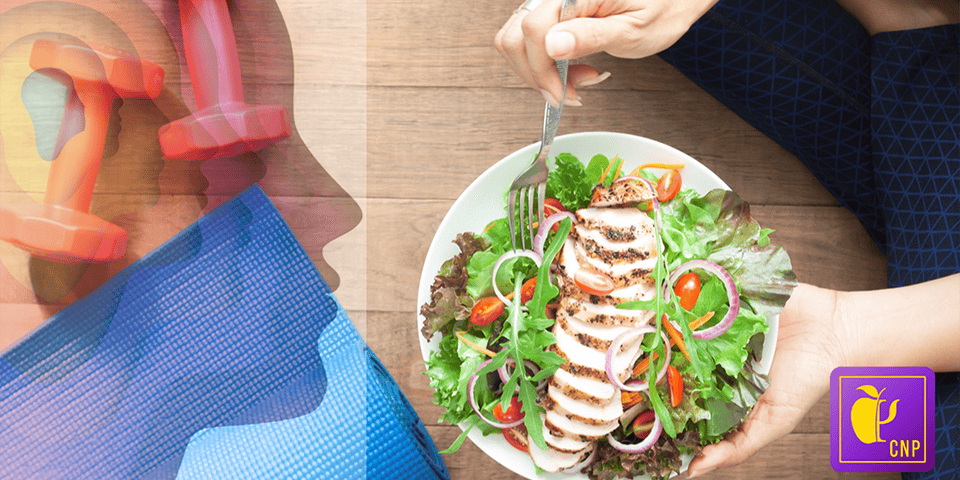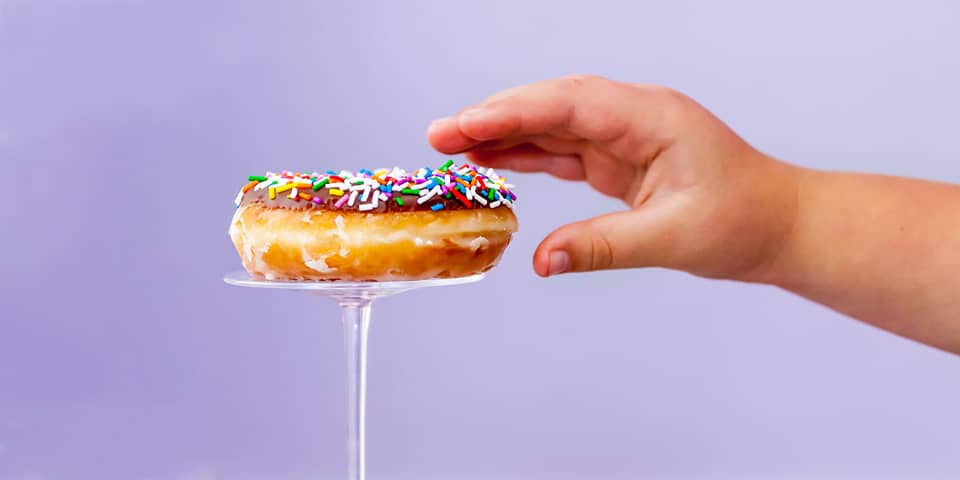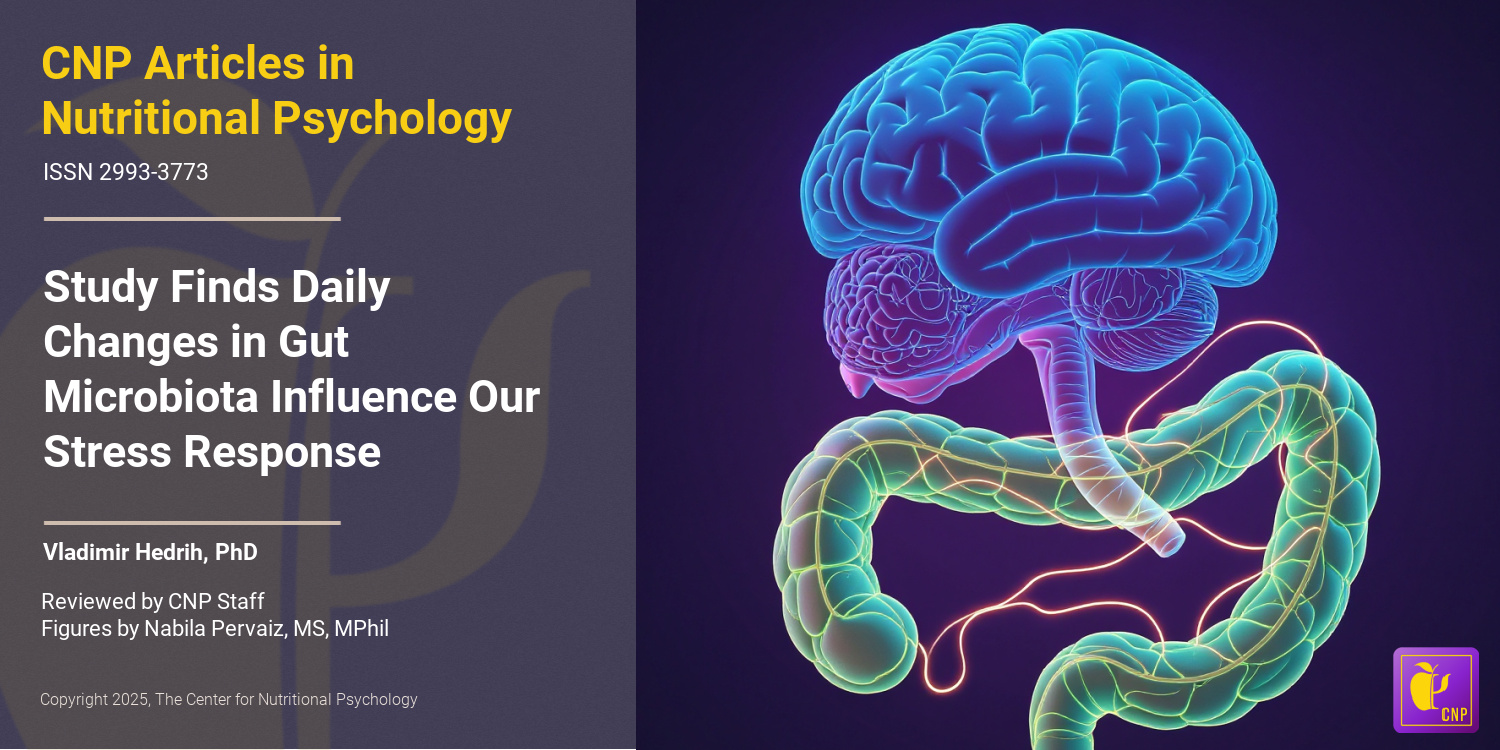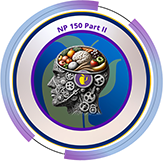With growing recognition of the link between mental health and sleep, many of us want to know if making lifestyle changes, including what we eat, can impact our sleep habits and potentially improve our overall psychological well-being.
Recent research by Rostami et al. (2022) examines the link between sleep quality and sleep-related outcomes and a newly proposed hybrid diet, referred to as the Mediterranean-DASH Diet Intervention for Neurodegenerative Delay, or MIND diet. The MIND diet combines the Mediterranean and Dietary Approaches to Stop Hypertension (DASH) diets, which have both been previously studied for their impact on various aspects of psychological health (Bayes et al., 2022; Salari-Moghaddam et al., 2019) respectively).
Rostami and colleagues set out to explore the relationship between the MIND diet and psychological function, including depression, anxiety/stress, and sleep.
The MIND diet includes 10 “brain-healthy food groups” (green leafy vegetables, other vegetables, nuts, berries, beans, whole grains, fish, poultry, olive oil, and wine) and identifies 5 “brain-unhealthy food groups” (red meats and processed red meat products, butter and stick margarine, cheese, pastries, fast fried foods, and sweets).
In this study, Rostami and colleagues set out to explore the relationship between the MIND diet and psychological function, including depression, anxiety/stress, and sleep.
This is the first study to explore the relationship between adherence to the MIND diet and sleep.
400 Iranian adult males with a mean age of 38.67 years working in healthcare centers were randomly selected to participate. They had no history of chronic disease. Using a food frequency questionnaire (FFQ) consisting of 168 foods and their standard serving sizes, participants reported how often they consumed each food. The research team then calculated an overall MIND diet score of 0-14 for participants based on intake of both the “brain-healthy food groups” of the MIND diet and the specified “brain-unhealthy food groups” (Note: wine was not included in the calculated MIND diet score since it was not on the FFQ). A higher MIND diet score indicated greater adherence to the MIND diet.
Additional information obtained from participants consisted of demographics (i.e., age, smoking status, marital status, education), height and weight measurements for calculation of Body Mass Index (BMI), and frequency of physical activity. The researchers used the Depression Anxiety and Stress Scale (DASS-21) to look for depression, anxiety, and stress and included questionnaires to examine sleep quality (Pittsburgh Sleep Quality Index), daytime sleepiness (Epworth Sleepiness Scale), and insomnia (Insomnia Severity Index).
Greater adherence to the MIND diet was linked to better sleep quality and fewer reports of daytime sleepiness and insomnia.
According to Rostami et al., this is the first study to explore the relationship between adherence to the MIND diet and sleep. They found that greater adherence to the MIND diet was linked to better sleep quality and fewer reports of daytime sleepiness and insomnia. The authors suggest that the anti-inflammatory and antioxidant properties of the MIND diet likely contribute to the observed positive impact on sleep.
The anti-inflammatory and antioxidant properties of the MIND diet likely contribute to the observed positive impact on sleep.
No significant effect between MIND-diet adherence and depression, anxiety, or stress was observed in this study.
Limitations of these findings include lack of generalizability of results to other populations and possible misreporting from participants on self-report measures. The nature of the study design (cross-sectional) prevents findings related to causality. The authors recommend further investigation to address these factors and verify their results.
References:
Bayes, J., Schloss, J., & Sibbritt, D. (2022). The effect of a Mediterranean diet on the symptoms of depression in young males (the “AMMEND” study): A Randomized Control Trial. The American journal of clinical nutrition, nqac106. Advance online publication. https://doi.org/10.1093/ajcn/nqac106
Rostami, H., Parastouei, K., Samadi, M., Taghdir, M., & Eskandari, E. (2022). Adherence to the MIND dietary pattern and sleep quality, sleep related outcomes and mental health in male adults: A cross-sectional study. BMC Psychiatry, 22(167). https://doi.org/10.1186/s12888-022-03816-3
Salari-Moghaddam, A., Keshteli, A. H., Mousavi, S. M., Afshar, H., Esmaillzadeh, A., & Adibi,(2019). Adherence to the MIND diet and prevalence of psychological disorders in adults. Journal of affective disorders, 256, 96–102. https://doi.org/10.1016/j.jad.2019.05.056








